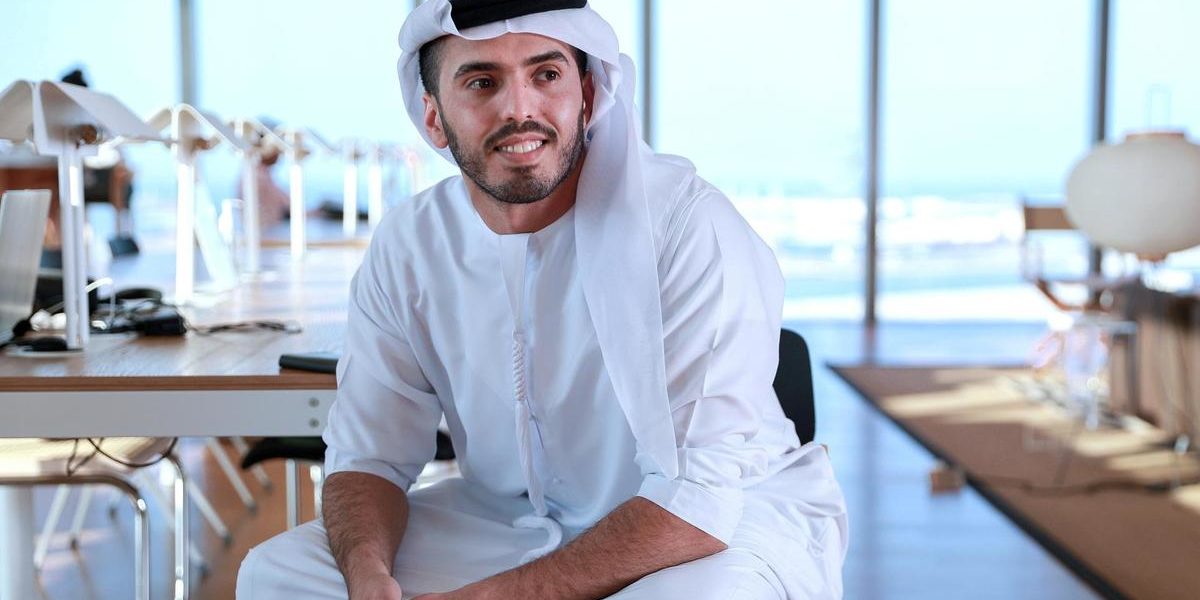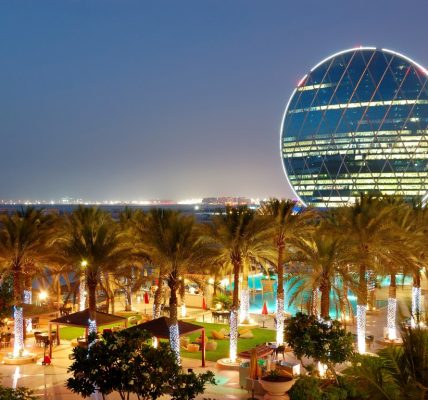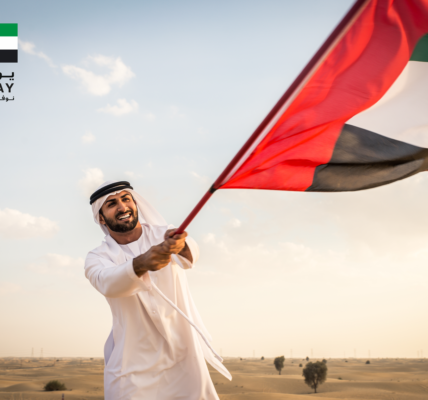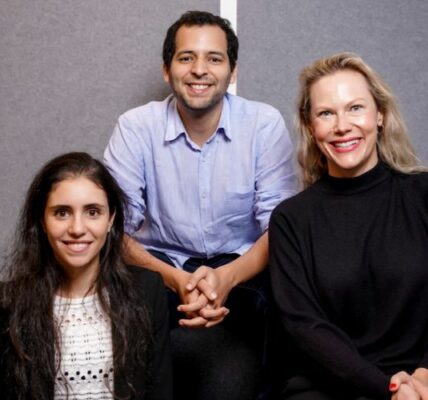The start-up recently signed deals with Abu Dhabi Sports Council and Etihad Arena to sell tickets
The rise of TikTok in 2020 typified a year of solo dancing and endless doom scrolling. But next year is shaping up to be quite different, and Abu Dhabi start-up Krews is ready to be the go-to app for those looking to be more social – just not from the confines of their homes.
The platform allows users to easily plan, organise and book social and sports activities with friends, family or new acquaintances.
About half of the world’s population uses social media, and people spend an average of six hours and 42 minutes online every day, according to a 2020 audit of web usage by Hootsuite.
Even as social media platforms have become more popular, companies have departed in recent years from their original missions to bring people together.
The three most popular platforms, Facebook, Facebook-owned Instagram and Google’s YouTube are most often used to sell something or for self-promotion, according to social media management company Sprout Social.
By showing off what people have done, rather than what they are planning to do, social media companies have left a gaping hole in the market, according to Krews founder Ahmed Alqubaisi.
“I hate Facebook,” Mr Alqubaisi tells The National. “I don’t even have an account.”
He believes he is not alone in distrusting the social media company, and that people are craving an outlet to more easily plan time together and do something, rather than spending time alone online.
“The whole social contract needs to change,” he says.
After 18 months in development, Krews is leaving Beta mode in January, and will be available to download on Android and Apple devices across the UAE, allowing users to plan meetings, book venues like tennis courts or football pitches and introduce themselves to others who share similar interests.
Users can also discover activities that are happening around them and even buy tickets from the platform’s partners. Krews will generate revenue by earning a commission off such ticket sales.
The Abu Dhabi Sports Council, which organises everything from the Abu Dhabi HSBC Championship golf tournament to local five-kilometre races, has signed on as a partner, as has the UAE’s largest events venue, Etihad Arena.
These contracts to sell tickets were hard-won after a difficult year.
“I knocked on the door not once or twice but ten times,” Mr Alqubaisi says.
While that is typical start-up hustle, he is no typical founder.
Mr Alqubaisi has a degree in chemical engineering but after graduating university, the 27 year old passed on a job at Adnoc.
Instead, he joined the private equity team of Abu Dhabi’s strategic investment company Mubadala.
In less than five years, he felt restless and the idea he and his late brother, Abdulla, had toyed with was keeping him up at night.
The brothers spent much of their childhood out at sea, jet-skiing any chance they could. While Abu Dhabi has a “come one, come all” culture, according to Mr Alqubaisi, they often found it difficult to connect and meet people who shared similar interests.
The idea for Krews, where one could just drop a pin on a map to plan a jet-ski outing, for example, was born.
However, in hindsight, he says it was “absolutely the wrong time to leave” his job in November 2019 to pursue Krews full time.
“But I just saw that corporate ladder, going up and up and up till I’m 55, and that just didn’t excite me,” he says.
While Krews had been registered for abut a year and set up shop at Abu Dhabi’s technology start-up space Hub71, Mr Alqubaisi – as with much of the world – was unprepared for what was to come in 2020.
Conversations with events organisers came to a standstill as the Covid-19 pandemic raged on around the world. But Mr Alqubaisi used this time wisely to iron out any chinks in his product.
His team of nine, mostly developers, pushed out a version of the app to friends and family to test and find any bugs.
The app was designed and built in-house, and so far Mr Alqubaisi has avoided pursuing any outside funding.
“Innovation can happen anywhere, but whether or not something fails comes down to infrastructure like regulation and funding,” he says. For Krews, Abu Dhabi has provided that.
Hub71‘s inventive programme, which offers free housing and health insurance to its start-ups’ employees, has been a huge help, Mr Alqubaisi says. He estimates the in-kind support at around $300,000, and adds that he can’t imagine building Krews anywhere other than his home town.
In a place like the UAE, where the majority of the population are transient, it can be tough to connect with new people who share similar interests. But it is also a place where people are yearning to try new things and get out of their comfort zone.
Mr Alqubaisi believes he can arrange that with Krews and create a more vibrant social scene in the process.
“It’s still 2020,” he says, but things are starting to look up.
Mr Alqubaisi says he remained persistent and now, partners are starting to pick up the phone.
Last week, the UAE approved the Sinopharm vaccine – which is 86 per cent effective according to local regulators – and has made it available at all clinics run by Abu Dhabi’s public health operator, Seha, and at hospitals run by the private company VPS Healthcare.
Abu Dhabi also announced it would begin to ease restrictions related to the pandemic in two weeks.
This time, Mr Alqubaisi – and Krews – are ready at just the right moment.
Q&A with Krews founder Ahmed Al Qubaisi
What new skills have you learnt from launching your venture?
The biggest lessons have been in leadership and management of a team – making sure that they work in harmony and as one.
Negotiations and patience have also been important. Especially patience. Sometimes you will deal with clients that you find very difficult to understand their logic or rationale, but you just have to agree with them.
If you could do it all again, what would you do differently?
Engage in talks with tech-savvy entities first then tackle the somewhat less tech-savvy entities later. This would have saved me a fortune if I followed this strategy.
What changes in social media do you expect in the next decade?
I expect social media to be less noisy and fake than it is today and more realistic and inclusive of the actual communities around you.






